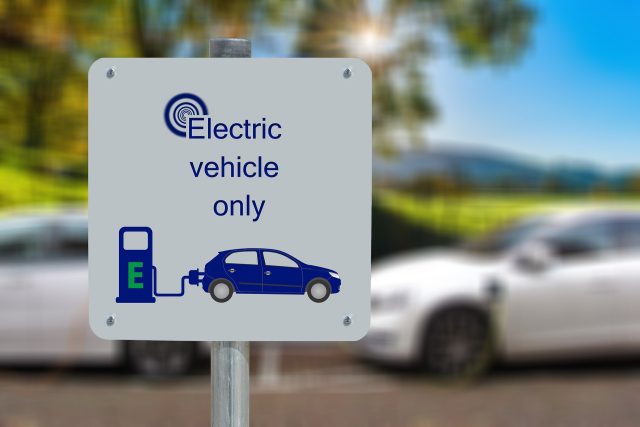
The final vote to ban internal combustion engine cars in favour of electric cars was due to take place on 7 March.
A rule strongly contested by the Meloni government, which denounced a series of perplexities, first and foremost the enormous industrial costs and the social inequality that such a revolution would have had, in fact favouring the wealthier classes to the detriment of the less affluent.
Concerns shared with Bulgaria and Poland and, for partly different reasons, with Germany.
The EU stop on petrol and diesel had passed the European Parliament on 14 February, with 340 votes in favour, 279 against and 21 abstentions, but still needed the approval by vote of at least 15 countries, i.e. representatives of at least 65% of the European population.
Italy’s opposition and Germany’s misgivings, together with Poland and Bulgaria’s potential vote against, induced Coreper, the meeting of the permanent representatives of the 27 member states that prepares the work of the Council, to definitively remove the item from the agenda of the Council of 7 March, which was called for final approval.
The regulation was part of the broader Fit for 55 programme (a package of measures aimed at reducing emissions by 55% by 2035, and 100% between now and 2050), a programme that will in any case be discussed on 7 March.
Certainly a victory for Giorgia Meloni and Italy, which shows how balances can change through strong and determined politics.
For its part, Germany seized the ball and demanded an accurate assessment of so-called e-fuels, fuels of synthetic and biological origin, which are produced through processes fuelled by renewable electricity and would have an almost zero pollution rate.
Together with biofuels, e-fuels could become viable alternatives to fuels such as petrol and diesel to power cars with internal combustion engines while drastically reducing emissions.
An alternative that would still guarantee a future for cars with combustion engines and at the same time, if combined with policies incentivising the transition to electric or even better hydrogen-powered cars, would be in line with the Fit for 55 programme.
A point that is also fully shared by Italy, which considers diversification to be an essential element for achieving the goal without hitting industrial sectors and the less affluent classes almost irreparably, and at the same time making the ecological transition a fixed point for the future of the planet.
For now the game is only just beginning, but it is certain that Italy has scored the first goal.
FeMo



 Subscribe
Subscribe